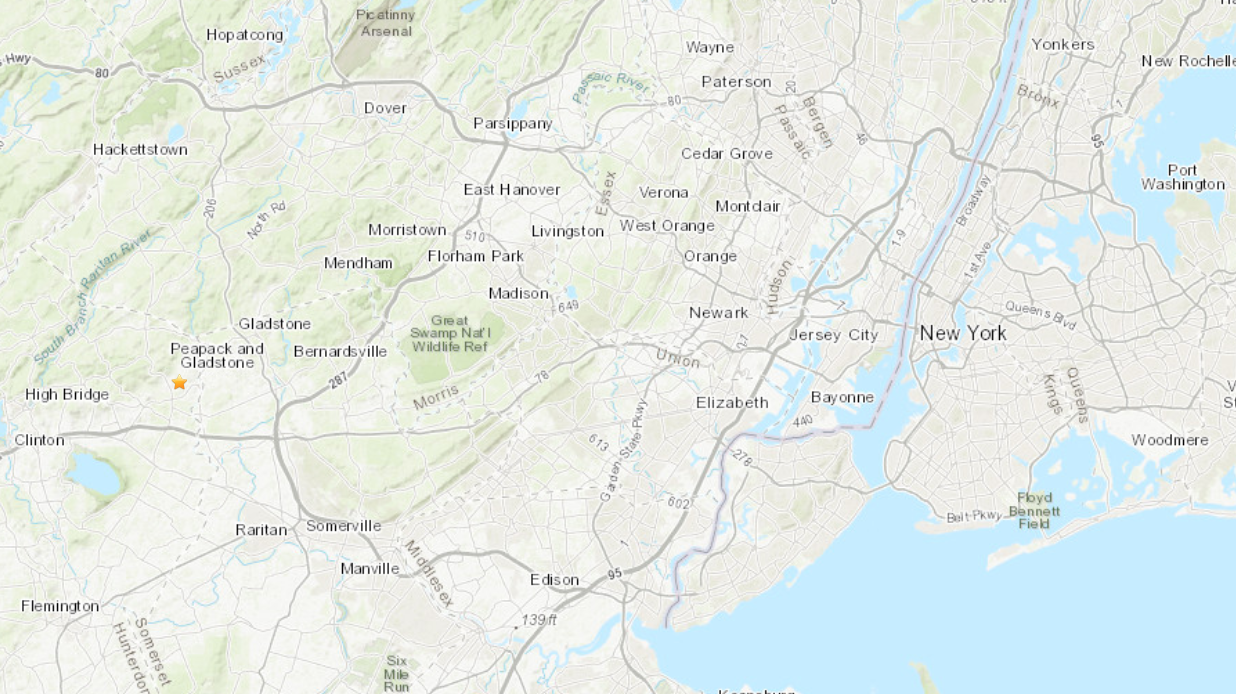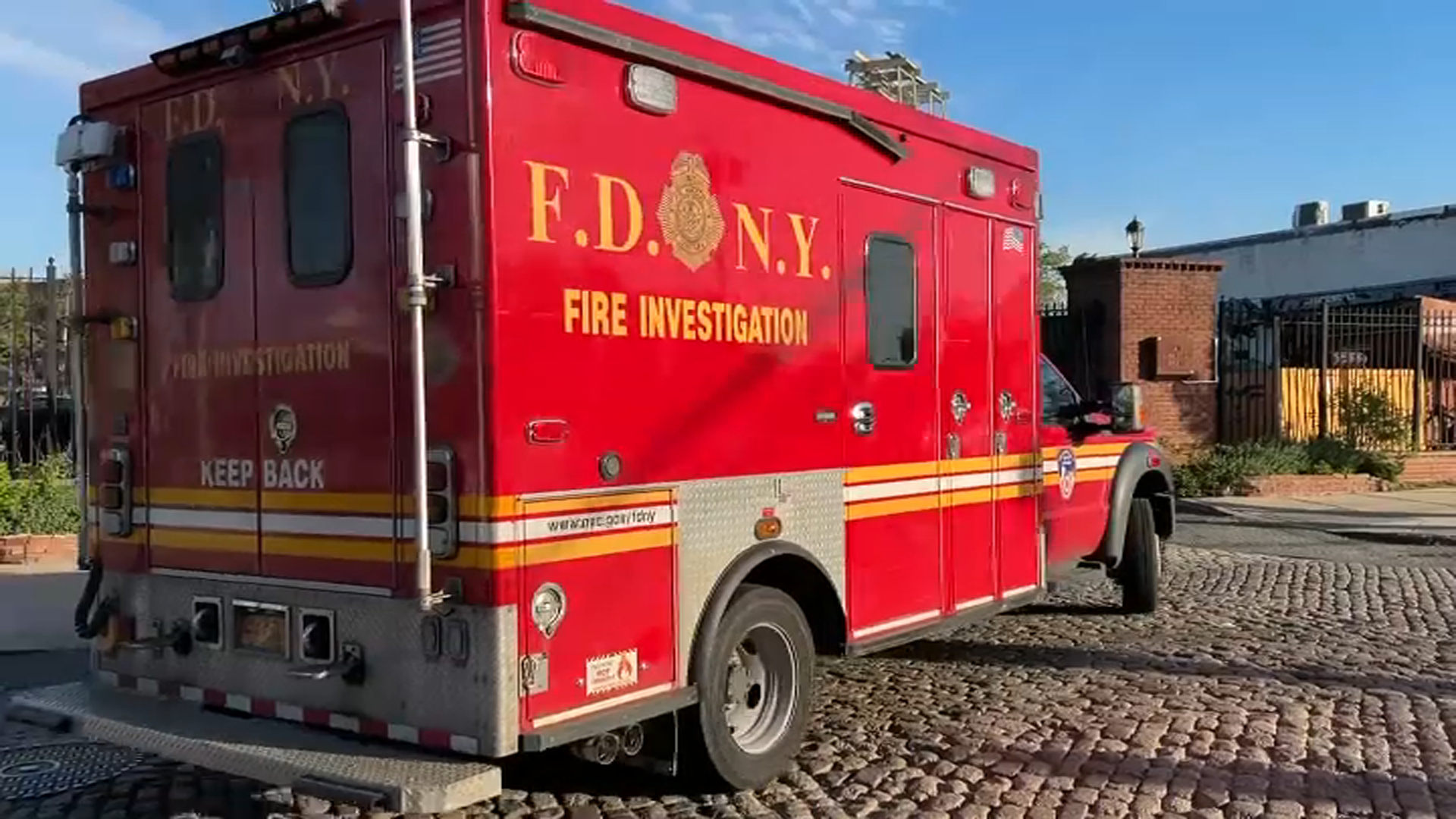New York on Monday dropped its proposal for a 45-percent increase in the state Thruway toll for truckers following pressure by an upstate business group, consumers and Republicans, while advancing a $3.14 billion replacement for the Tappan Zee Bridge in New York City's northern suburbs.
Gov. Andrew Cuomo praised the reversal on the toll proposal made in May by the Thruway Authority headed by Cuomo's appointees. Cuomo had publicly distanced himself from the increase proposal, saying it had to be a last resort.
Cuomo said Monday that no Thruway toll increase is expected to be part of the authority's fiscal plans covering the next three years.
Thruway Executive Director Thomas Madison said the toll increase was avoided by cutting hundreds of millions of dollars in expenses, passing some of it along to the state budget directly funded by taxpayers. That includes $60 million a year the Thruway had paid from its tolls since 1954 to pay for state police Troop T, which patrols the statewide highway. The patrols won't change.
The New York State Motor Truck Association said the toll increase would have hit all New Yorkers.
"The hike would have devastated the entire state's economy and nullified any attempts by the governor and the legislature to make New York 'open for business,'" the association's Kendra Hems said.
The political fight was led by upstate Republican assemblymen, including James Tedisco of Schenectady County, who called the authority diabolical and accused it of operating as a secret government.
Local
"The most important thing is trying to help the businesses and consumers of our state — that's what it's all about," said Assembly Republican leader Brian Kolb of Canandaigua. "This is a big first step."
The Unshackle Upstate business group said the proposed toll increase would have done "tremendous damage to the upstate economy."
"The announcement today is a clear indication that public advocacy is alive and well in New York," said the group's executive director, Brian Sampson. "We're proud to have worked with a large coalition of elected officials, business groups, trade organizations and toll payers in opposing the proposed toll hike."
The group accused the authority of trying to quietly approve the toll hike by holding summer hearings that usually generate little attendance, calling meetings without providing an agenda then canceling the meetings after the sessions were reported in the news media.
The Thruway had reported in the spring that a "modest" 45-percent increase in the toll for truckers to raise $90 million was unavoidable because the alternative would be a hit to its credit rating, which could have drastically increased borrowing costs. Madison now says the new business plan to reverse what he and Cuomo called years of mismanagement under previous administrations will protect the authority's credit rating.
Despite a voluminous study that supported the toll increase in the spring, Madison said Monday that toll is no longer necessary.
"I thought it would be counterproductive from an economic development perspective," Cuomo said Monday. "I think the increase would send the wrong signal."
Cuomo said the increase would have stepped on his administration's message of creating a "new New York" aimed at building a better economy and future, which includes the Tappan Zee project.
The bridge proposal endorsed by Madison on Monday, and expected to be formally adopted by the Thruway board, is the least expensive and has the fastest construction schedule of three bids that were accepted. The $5 toll is still expected to nearly triple. The bid also dredges the least from the Hudson River.
The other projects were priced at $3.99 billion and nearly $4.06 billion. The final cost will be higher because of management costs, contingencies and other costs which would have been equal under any of the proposals, Madison said.
The differences in the bids were mostly in how the bridge will look.
The state is waiting on a decision from the federal government on a request for a loan that could cover $2.9 billion of the cost. The Obama administration rejected New York's application a year ago, but invited the state to reapply. That was viewed as a positive sign in Albany.



